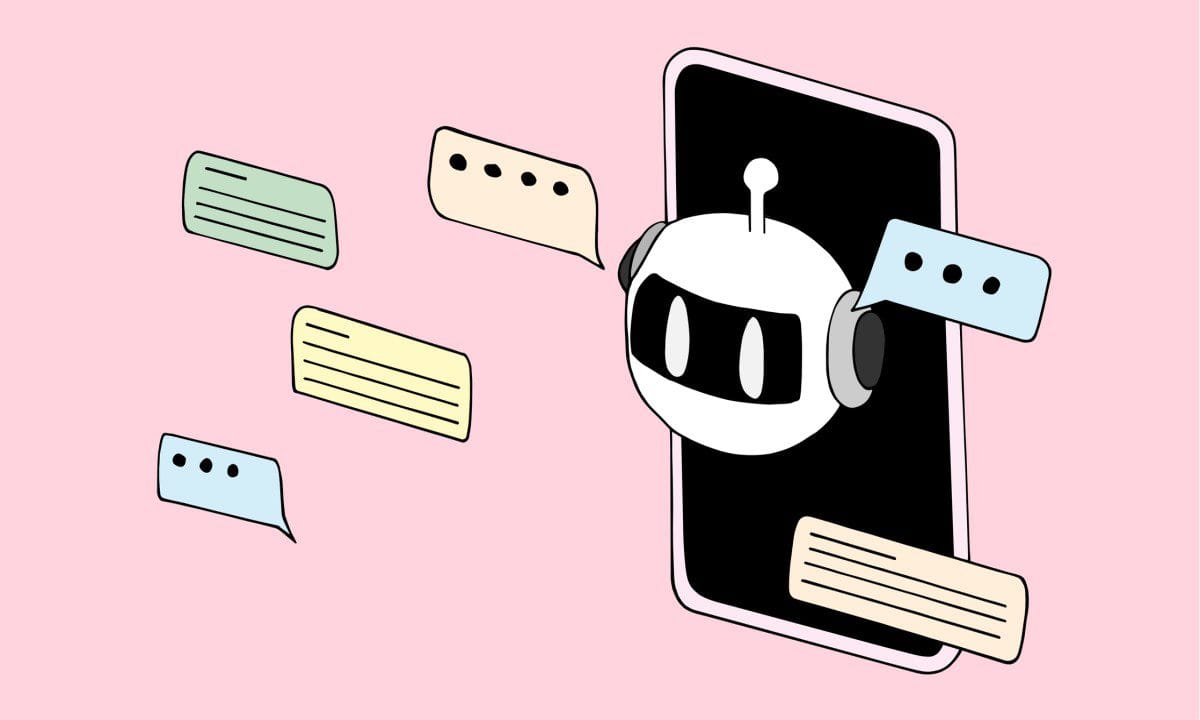
vibe coding has turned senior devs into Senior developers are increasingly finding themselves in the role of ‘AI babysitters’ as they navigate the complexities of integrating AI-generated code into their workflows, a shift they believe is ultimately beneficial.
vibe coding has turned senior devs into
The Rise of AI in Software Development
Artificial Intelligence (AI) has made significant inroads into various sectors, and software development is no exception. The emergence of AI-generated code has transformed how developers approach their tasks, leading to a new paradigm known as “vibe coding.” This term encapsulates the collaborative relationship between human developers and AI tools, where the latter assists in generating code snippets, debugging, and even suggesting optimizations. However, this shift has not come without its challenges.
Understanding Vibe Coding
Vibe coding refers to the practice of leveraging AI to enhance the coding process. Senior developers have reported that AI tools can generate code based on natural language prompts, allowing for a more intuitive interaction with the programming environment. This method contrasts with traditional coding practices, where developers would write code line by line, often requiring extensive debugging and testing.
While the efficiency gains from AI are evident, the role of the developer has evolved. Experienced coders are now tasked with overseeing the AI’s output, ensuring that the generated code meets quality standards and aligns with project requirements. This oversight role has led to the characterization of senior developers as ‘AI babysitters,’ a term that reflects their new responsibilities in managing AI-generated content.
The Benefits of AI Integration
Despite the challenges, many senior developers view the integration of AI into their workflows as a positive development. Here are some of the key benefits they have identified:
- Increased Efficiency: AI can quickly generate code snippets, allowing developers to focus on higher-level design and architecture tasks. This efficiency can lead to faster project completion times.
- Enhanced Creativity: With AI handling routine coding tasks, developers can devote more time to creative problem-solving and innovation. This shift can lead to more robust and imaginative software solutions.
- Reduced Burnout: By automating mundane coding tasks, AI can help alleviate the stress and burnout often associated with software development. Developers can spend less time on repetitive tasks and more on engaging work.
Real-World Applications
Several companies have begun to implement AI tools in their development processes, showcasing the practical applications of vibe coding. For instance, tech giants like Microsoft and Google have integrated AI capabilities into their development environments, allowing developers to leverage these tools for code generation and debugging.
In one case, a senior developer at a leading software firm reported that using AI tools reduced the time spent on coding by nearly 30%. This time savings allowed the team to focus on refining the user experience and enhancing the software’s functionality. Such examples highlight the tangible benefits of vibe coding in real-world scenarios.
The Challenges of AI-Generated Code
While the advantages of vibe coding are compelling, it is essential to acknowledge the challenges that come with AI-generated code. Senior developers have expressed concerns regarding the reliability and quality of AI outputs.
Quality Control Issues
One of the primary concerns is the potential for AI-generated code to contain bugs or security vulnerabilities. Developers must carefully review the code produced by AI tools, as the technology is not infallible. Instances of AI generating inefficient or insecure code have been documented, leading to increased scrutiny of its outputs.
Moreover, the lack of context in AI-generated code can lead to misunderstandings. AI models often lack the nuanced understanding of project requirements that human developers possess. This gap can result in code that, while syntactically correct, does not fulfill the intended purpose or integrate seamlessly with existing systems.
Ethical Considerations
Another challenge lies in the ethical implications of using AI in software development. Questions surrounding intellectual property rights and the ownership of AI-generated code have emerged. Developers are concerned about the potential for AI tools to inadvertently replicate existing code, leading to copyright issues.
Furthermore, the reliance on AI tools raises questions about the future of the developer profession. As AI continues to evolve, there is a fear that the demand for human developers may diminish. However, many senior developers argue that the human touch remains irreplaceable, particularly in areas requiring creativity, empathy, and complex problem-solving.
Stakeholder Reactions
The shift towards vibe coding has elicited a range of reactions from various stakeholders within the tech industry. Here are some perspectives from different groups:
Developers
Many developers have embraced the changes brought about by AI, viewing them as an opportunity for growth and innovation. Senior developers, in particular, appreciate the ability to delegate routine tasks to AI, allowing them to focus on more strategic aspects of their work. However, some express concern about the learning curve associated with new AI tools and the need for ongoing training to stay abreast of advancements.
Management
From a management perspective, the integration of AI into development processes is seen as a strategic advantage. Companies recognize that leveraging AI can lead to increased productivity and faster time-to-market for software products. However, management also acknowledges the need for robust oversight mechanisms to ensure the quality and security of AI-generated code.
Educators
In the educational sector, the rise of AI in coding has prompted discussions about curriculum changes. Educators are exploring how to prepare the next generation of developers for a landscape increasingly influenced by AI. This includes teaching students not only how to code but also how to work effectively alongside AI tools.
The Future of Vibe Coding
As AI technology continues to evolve, the future of vibe coding appears promising. Developers are likely to see even more sophisticated AI tools that can understand context and generate higher-quality code. This evolution could further enhance the collaborative relationship between human developers and AI.
Moreover, as organizations increasingly adopt AI-driven development practices, the demand for developers who can effectively manage and oversee these tools will grow. This shift may lead to the emergence of new roles focused on AI oversight, quality assurance, and ethical considerations in software development.
Conclusion
In conclusion, the rise of vibe coding has transformed the landscape of software development, positioning senior developers as essential overseers of AI-generated code. While challenges remain, the benefits of increased efficiency, enhanced creativity, and reduced burnout make this shift worthwhile for many in the industry. As the technology continues to advance, the collaborative relationship between developers and AI is likely to deepen, paving the way for a new era in software development.
Source: Original report
Was this helpful?
Last Modified: September 15, 2025 at 4:37 am
3 views















